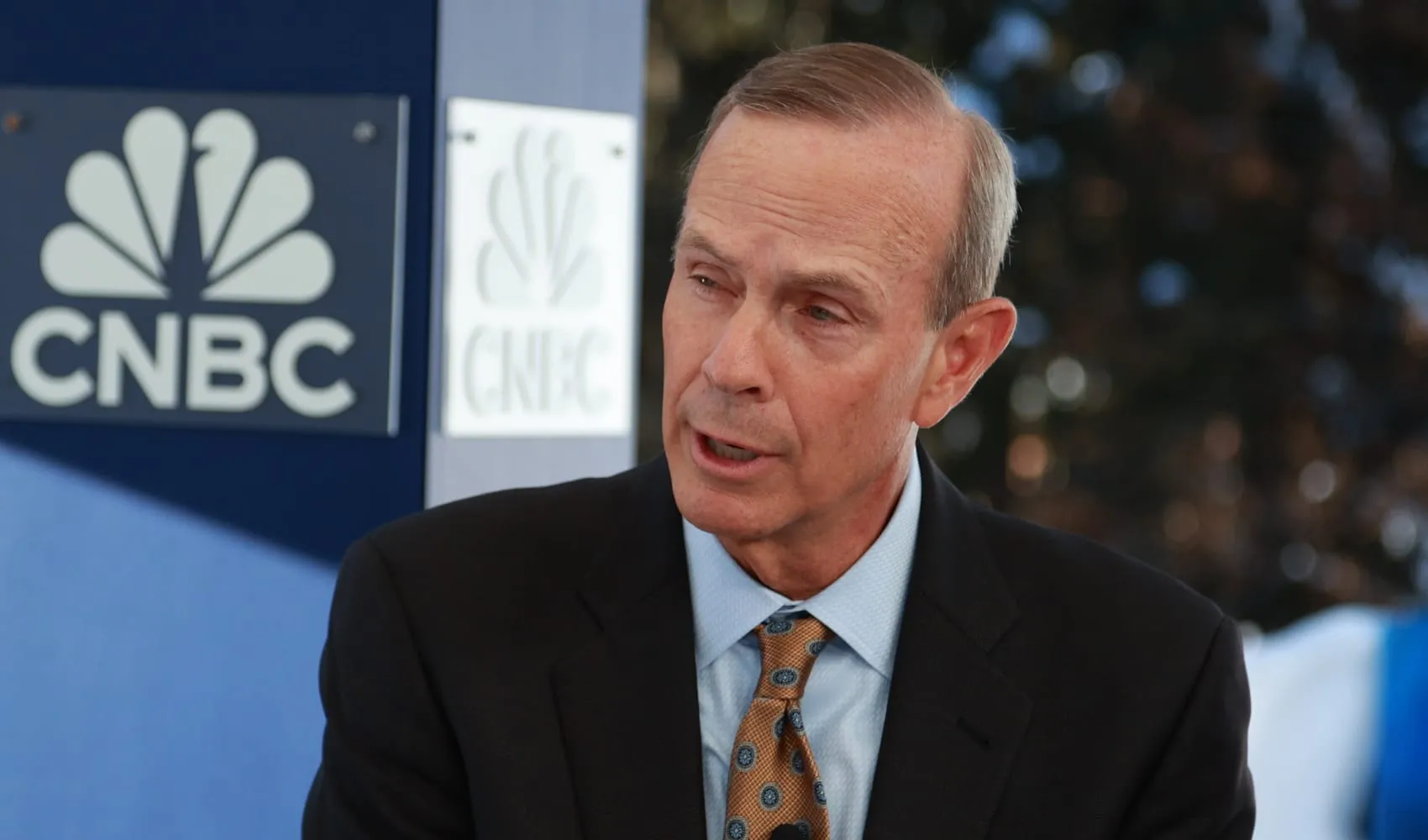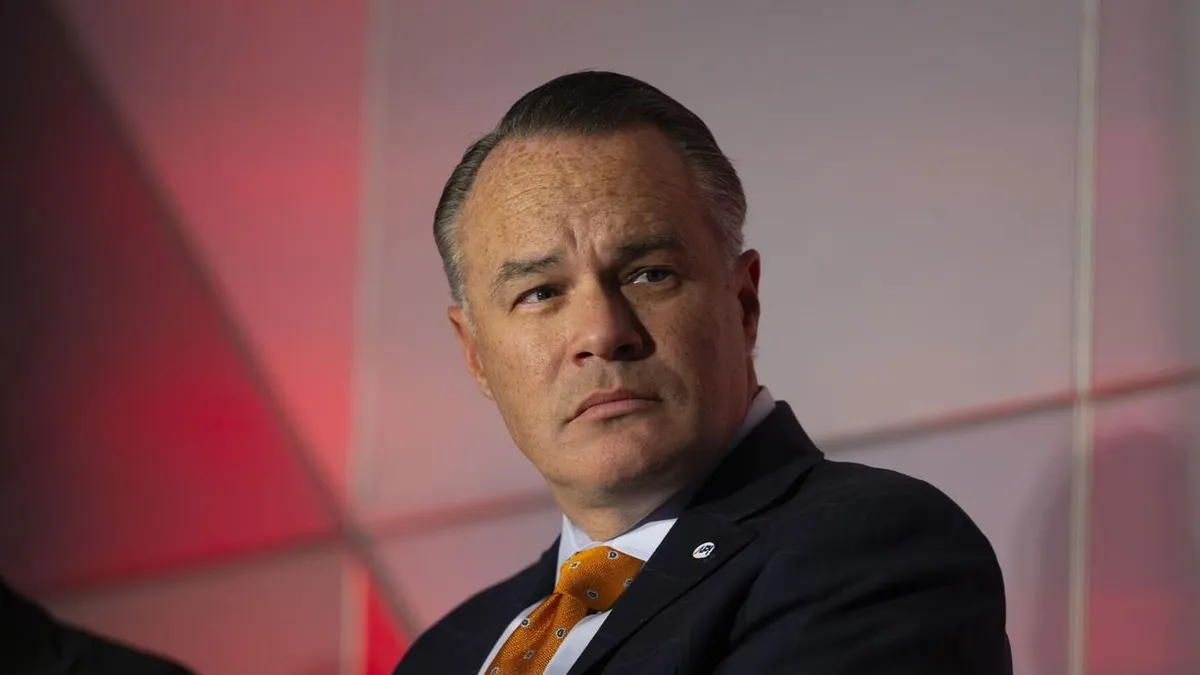Oil Flows Face Serious Threats
The Red Sea is facing a major crisis, and it’s not just about geopolitics – it’s about oil. Chevron CEO, Michael Wirth, dropped a bombshell at the World Economic Forum in Davos, Switzerland, warning that the escalating tensions in the Red Sea could seriously jeopardize oil flows. If things take a turn for the worse, brace yourselves for a rollercoaster ride in oil prices.
The Very Real Risks
In an interview, Wirth expressed his surprise that U.S. crude oil was chilling below $73 a barrel despite the “very real” risks looming over the Red Sea. The region is a critical pathway for a substantial chunk of the world’s oil. Wirth didn’t mince his words, stating that if the flow through this crucial route gets cut off, we could witness rapid and unpredictable changes in oil prices.

Chevron’s Stance
Amid the escalating tensions, Chevron is keeping its skin in the game. The company continues to transport crude through the Red Sea, closely collaborating with the U.S. Navy’s Fifth Fleet. Wirth emphasized the need for vigilant monitoring, acknowledging that the situation is evolving, and they’re adapting accordingly.
Shell Hits Pause Button
Chevron isn’t the only one feeling the heat. Shell, a major player in the oil industry, has hit the pause button on shipments through the Red Sea. This decision comes on the heels of BP’s similar move a month ago. The situation is reaching a boiling point as even tanker companies, responsible for transporting petroleum products, are halting traffic toward the Red Sea.
Houthi Attacks Escalate
The crisis is fueled by Houthi militants based in Yemen, allies of Iran, who have been relentlessly attacking commercial vessels in response to conflicts in the region. U.S. and British airstrikes against Houthi targets aim to secure shipping routes, but the attacks persist. Just recently, a missile struck a Maltese-flagged bulk carrier in the Red Sea. The vessel continued its transit, but the risk is undeniable.
Sullivan’s Call for Action
U.S. National Security Advisor Jake Sullivan is sounding the alarm. He’s urging nations with influence in Iran to take a stronger stand against the Houthi attacks. Sullivan emphasized the need for a unified global rejection of the idea that the Houthis can disrupt global shipping. The recent U.N. Security Council resolution condemned Houthi attacks, but not all major players were on board.


